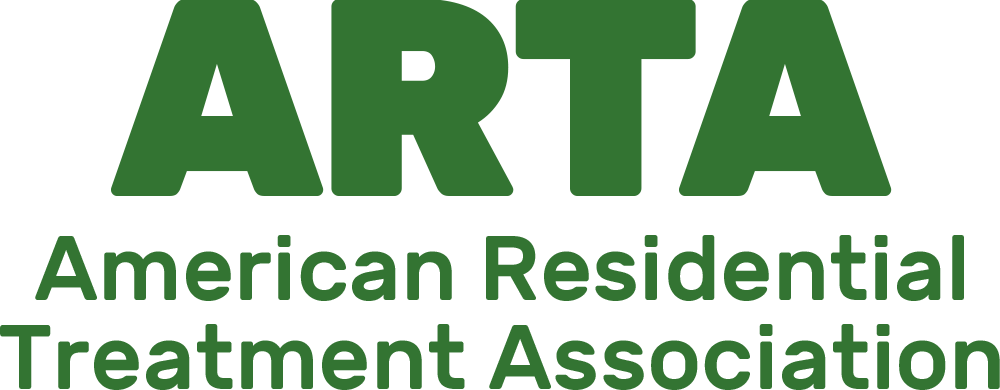
The Spring Lake Ranch community was pleased to host author and therapist Krissy Pozatek, LICSW, at our 2018 Fall Family Weekend. Krissy, a Vermonter and licensed Clinical Social Worker, draws upon over ten years of experience in wilderness therapy and adolescent treatment in writing her book:
The Parallel Process: Growing Alongside Your Adolescent or Young Adult Child in Treatment.
A Mismatch in Growth
In her presentation, Krissy explained the phenomenon she came to observe in wilderness therapy, namely, that adolescents changed and grew significantly as a result of their experiences and hard work in the program, but there was no similar process of change and support for families. When reunited, a young adult returned having developed many of the skills to manage their condition and a resilience to work through their problems, but the family system was still calibrated to the dynamics and parenting styles in place before the child went off to the wilderness program. This mismatch didn’t serve the young adult in supporting the progress they’d made. Seeing that parents and families similarly require a ‘parallel process’ to what their child was undergoing has now become the focus of Krissy’s work.
Outdated Coping Skills
Parents develop styles of managing their child’s condition and learn to problem solve because these situations often are very difficult and the parent feels compelled to do what they can to take care of their kids. As counter intuitive as it is, managing for your child and problem-solving every detail of their life doesn’t help them to take responsibility, build resilience, or to own their problems. As we know, regardless of age, success from cognitive-behavioral therapy requires acceptance and insight about having a problem before true change can begin to happen.
A Few Examples
A few examples brought the concept to life for those of us gathered together to hear Krissy that bright fall afternoon. You may recognize these situations.
During treatment, your struggling young adult calls home to complain about one or more of the following: the food, their room, their therapist, the program, the doctor… You empathize and say you will take care of it and then proceed to call “the person in charge” to ask why your son or daughter is not getting what they want.
After a few such instances, you learn to listen, and empathize and summarize what you are hearing (“you sound really frustrated, you sound scared, you sound …”), share a situation where you felt similarly, and then ask your son or daughter what they are going to do about it, who can they talk to to try and solve the problem.
Your son or daughter returns home but you freak out the first time your kid is late or uses old language — jumping back into trying to solve every dilemma that arises rather than reminding yourself to step back and hold firm boundaries.
No Blaming Allowed
Krissy is quick not to blame parents. With every good intention, and because some of the conditions are frightening and potentially life threatening, it’s quite understandable that parents do what they do. However, when a child is receiving care and doing the work to build skills to cope with their condition, Krissy would claim it’s the right time for families to undergo their own journey of growth.
“The goal of the Parallel Process is for parents to regain their footing, learn and grow so they can meet their son or daughter with new awareness, insight, perspective, and appreciation, in a new place.”
Supporting Parents at Spring Lake Ranch
At Spring Lake Ranch we only serve adults, and yet I believe Krissy’s call for helping families in a parallel process to support the changes and growth made by their adult child still holds true. A large part of our work involves educating families about the condition their child struggles with, helping parents to hold limits with their child, letting go of expectations, and finding their own circles of support. Our two family weekends each year are a true testament to the challenges parents of a loved one with mental illness and/or addiction face, and the joys that can come in small victories and in sharing these experiences with other families.
Growing up and parenting are difficult processes in themselves. Add to it having a mental health or addiction condition and it can feel nearly impossible. I’m grateful to people like Krissy and others who shed light on ways families can take responsibility for their own growth and need to support their loved one on his/her journey of recovery.
- Families Healing Together
- The National Alliance for the Mentally Ill
- The Parallel Process: Growing Alongside Your Adolescent or Young Adult Child in Treatment
- Addiction Recovery: A Family’s Journey, by (local) Diana Clark



